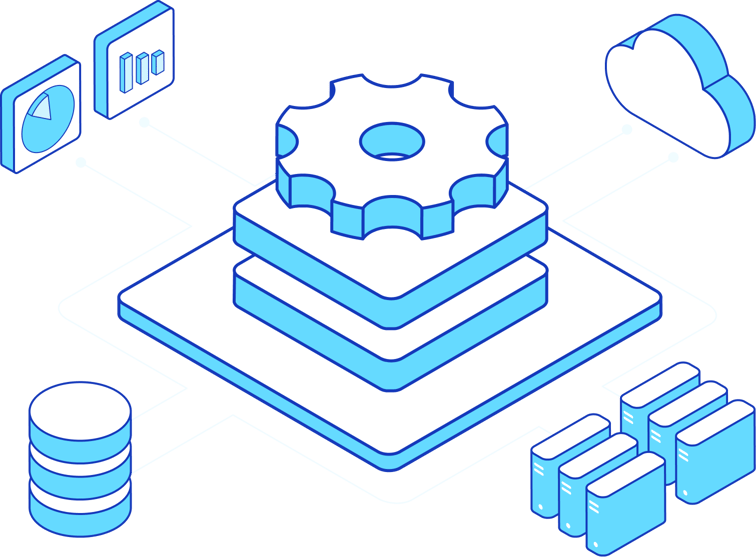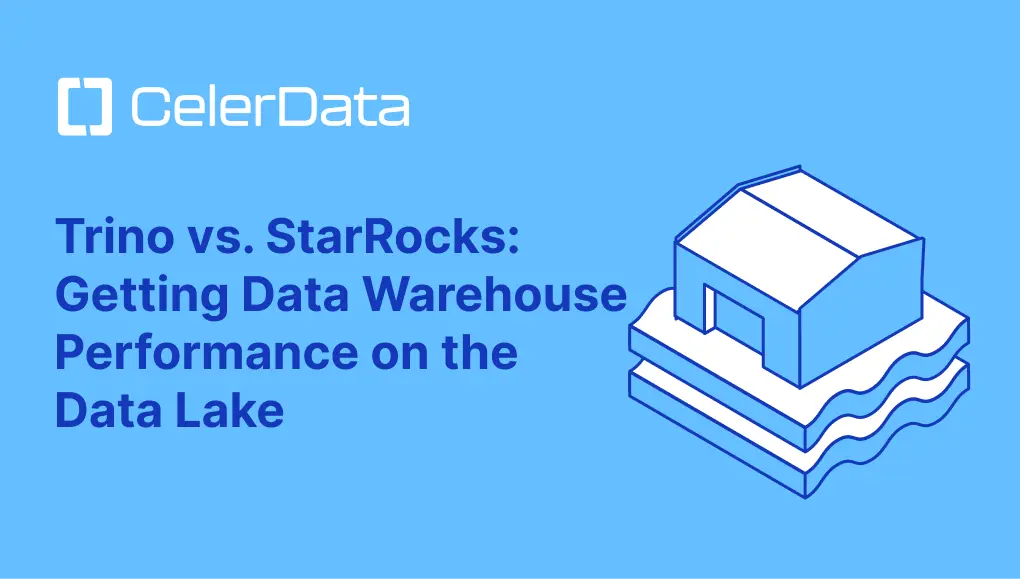
Data Lakehouse vs. Data Warehouse: Which is Better
Data warehouses store data in their proprietary formats -- the workload you can run on that piece of data is limited by the data warehouse's capabilities. With data stored in open formats and an open catalog service, data lakehouses integrate with a wide range of computing engines, allowing you to maintain a single source of truth for all your data.
Why an Open Data Lakehouse?
Improved Data Governance
Increased Flexibility
Optimal Cost-Efficiency
Data Lakehouse vs. Data Warehouse: Which is Better
Data warehouses store data in their proprietary formats -- the workload you can run on that piece of data is limited by the data warehouse's capabilities. With data stored in open formats and an open catalog service, data lakehouses integrates with a wide range of computing engines, allowing you to maintain a single source of truth for all your data.
Data Lakehouses offer better data freshness than traditional data lakes. However, for real-time analytics, real-time data warehouses still have specialized tools that offer better data freshness than data lakehouse systems. Read more here.
Popular Lakehouse Table Formats
Apache Iceberg
Apache Iceberg is a high-performance format for huge analytic tables.

Apache Hudi
Apache Hudi is a transactional data lake platform that brings database and data warehouse capabilities to the data lake.

Delta Lake
Delta Lake is an open-source storage framework that enables building a format agnostic Lakehouse architecture
Key Lakehouse Features
ACID Compliance
Ensures data integrity by supporting Atomicity, Consistency, Isolation, and Durability in transactions.
Compaction
Optimizes storage by periodically merging small files into larger ones, improving query performance.
Near-Real-Time Analytics
Enables fast data processing and querying, providing insights almost instantly after data ingestion.
Schema Evolution
Allows the schema to adapt dynamically to changes in data structure without downtime.
Lakehouse Limitations
Data lakehouses promise flexibility, scalability, and cost-effectiveness but often fail to deliver these benefits due to slow query performance. This has forced users to copy their data from the lakehouse into proprietary data warehouses to achieve their desired query performance—through a complex, costly ingestion pipeline that undermines data governance and freshness.
Why Query Engines Matter for Lakehouses
Maximize your lakehouse's potential by choosing the right query engine for each task. With open formats, you can layer multiple engines over the same data, each tailored for specific purposes. Lakehouse engines excel at specialized tasks—like using Spark for batch processing and StarRocks for low-latency queries.
The Optimal Lakehouse Architecture
Catalog Service
Utilize catalog services with an open source variant to ensure seamless interoperabality across different table formats. This approach enhances flexibility and makes it easier to manage and access data across your lakehouse architecture.
Compute Engine
Select the most suitable compute engine for each specific task to optimize performance. In the lakehouse architecture, switching between different compute engines is effortless, allowing you to adapt quickly to changing requirements.
Table and File Format
Adopt open table formats like Apache Iceberg, which integrates with open file formats. This ensures compatibility and scalability, allowing your lakehouse to grow and evolve without locking you into proprietary solutions.




